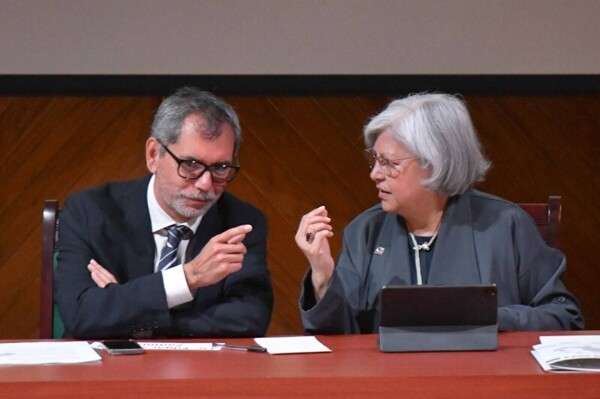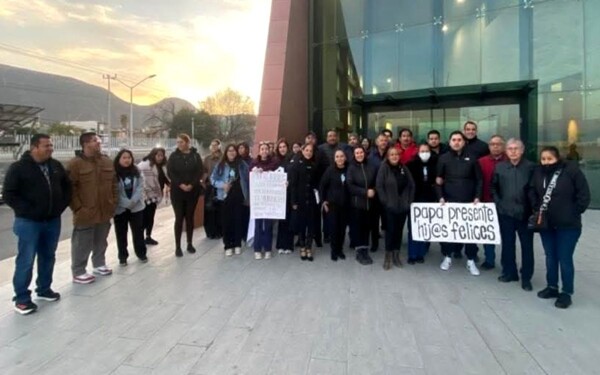
The First Chamber of the Supreme Court will review a direct amparo related to a criminal trial against a woman convicted of organized crime and aggravated kidnapping against the husband of the singer Gloria Trevi. The woman was sentenced to 29 years in prison and fined for being part of a criminal group led by two individuals, including a former soccer player. It will be questioned whether the woman actually participated in the crimes as previously determined, considering the application of a gender perspective due to biases against women in the judicial system.
According to the Secretary of Women, Citlalli Hernández, it is essential to analyze this case due to the importance of considering factors that might have influenced the woman's participation in the crimes, such as her age and her role compared to the other co-defendants. It is expected that the sentence will be overturned to be reexamined with a gender perspective, which could set a significant precedent in Mexican justice.
In another area, the project of the Train to AIFA has faced obstacles due to a lack of funding. 10 billion pesos were required but not granted, leading to the transfer of the project to Sedena. Despite changes in those responsible for construction and operation, the priority is to ensure that the project is safe and efficient, beyond who is in charge.
On the other hand, the Operating Rules of the new Committee on Assignments, Contracts, and Permits of the Secretary of Energy have been published, established as part of the reforms to the Organic Law of the Federal Public Administration. This committee, chaired by the head of Sener, is responsible for streamlining processes related to energy, electricity, and hydrocarbons, although a period of "paralysis" is anticipated due to organizational changes.
Finally, the reopening of the stations of the pink line of the metro has been a process that has taken months of intense behind-the-scenes work. The director of the Collective Transportation System has led these efforts in preparation for the changes being made in the transportation system most used by the capital's residents, marking a positive advance in the city's mobility.














